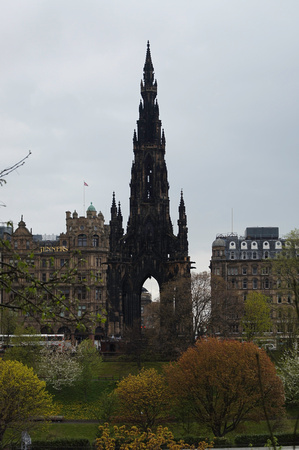Category:
Subcategory:
Subcategory Detail:
Keywords:Action, Architecture, Building, Buildings, Cloud, Clouds, Clouds in the sky, DSLR, Digital SLR, Edinburgh, Gothic architecture, Great Britain, Green, Greenery, Heritage, Heritage monument, Heritage structure, Historic Building, Historic Monument, Historical Monument, History, Memorial, Monument, SLR, Scotland, Scott Monument, Sky, Skyline, Sony Alpha 55, Sony DSLR, Sony SLR, Tree, Trees, United Kingdom, cloudy sky, europe, european


